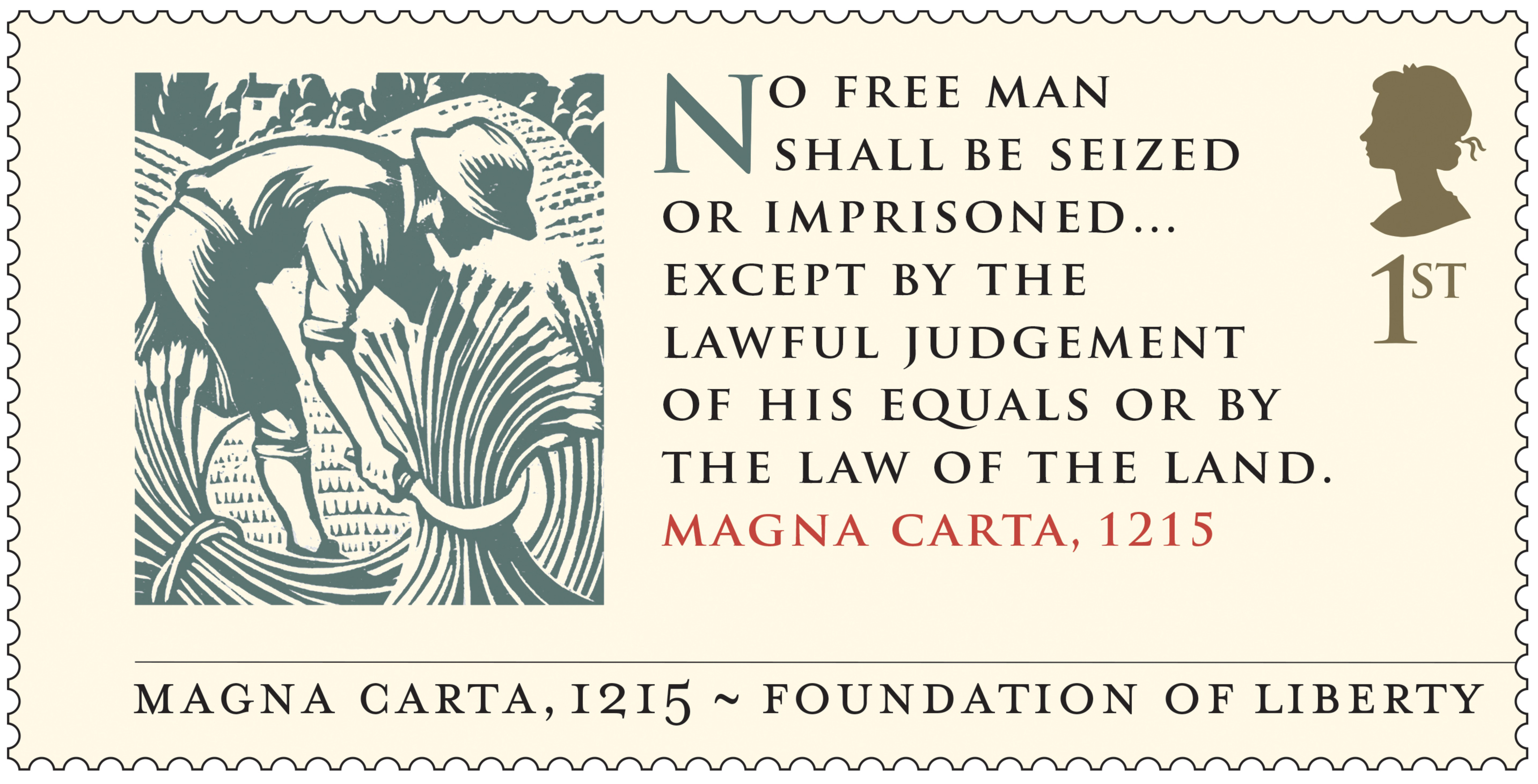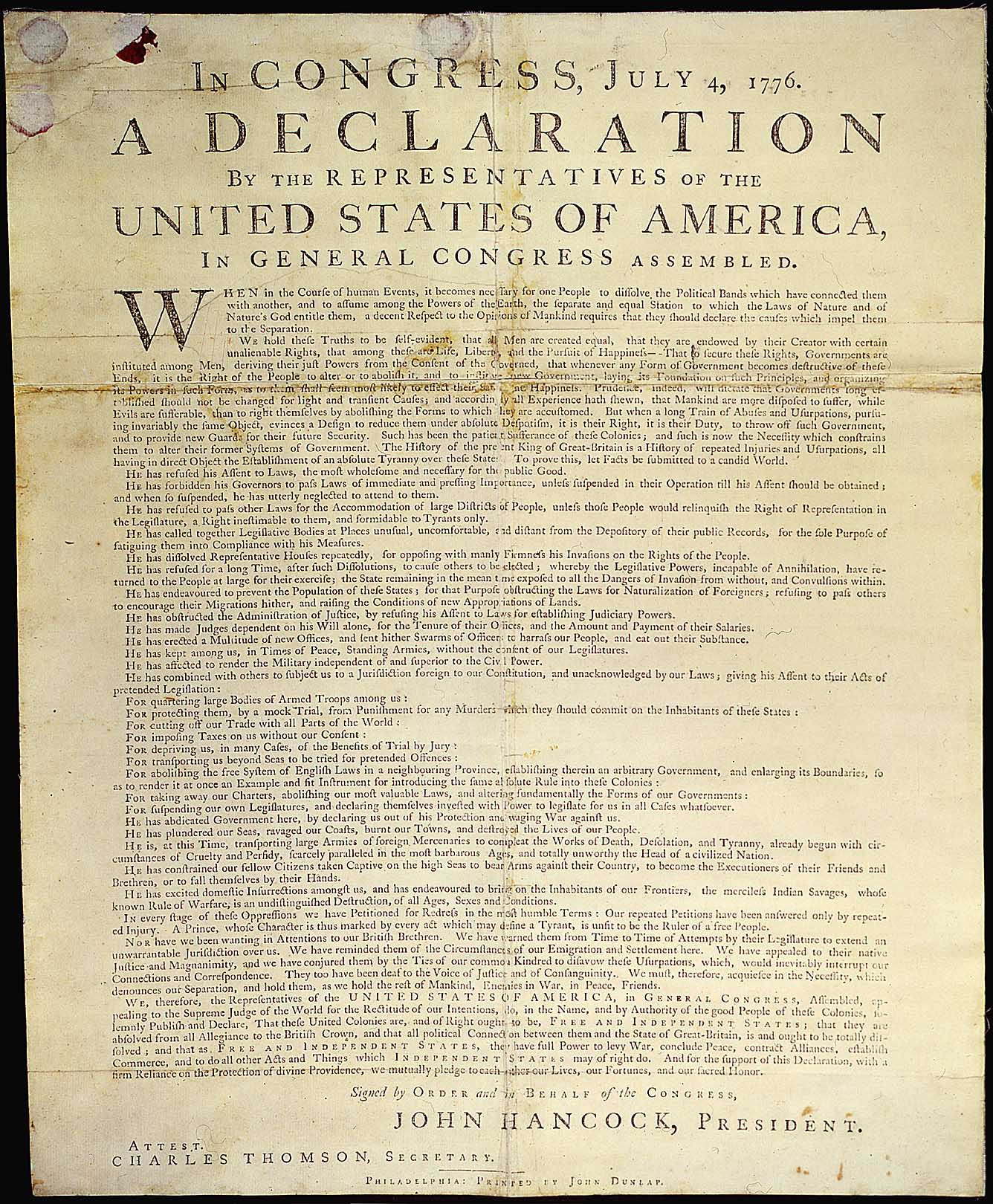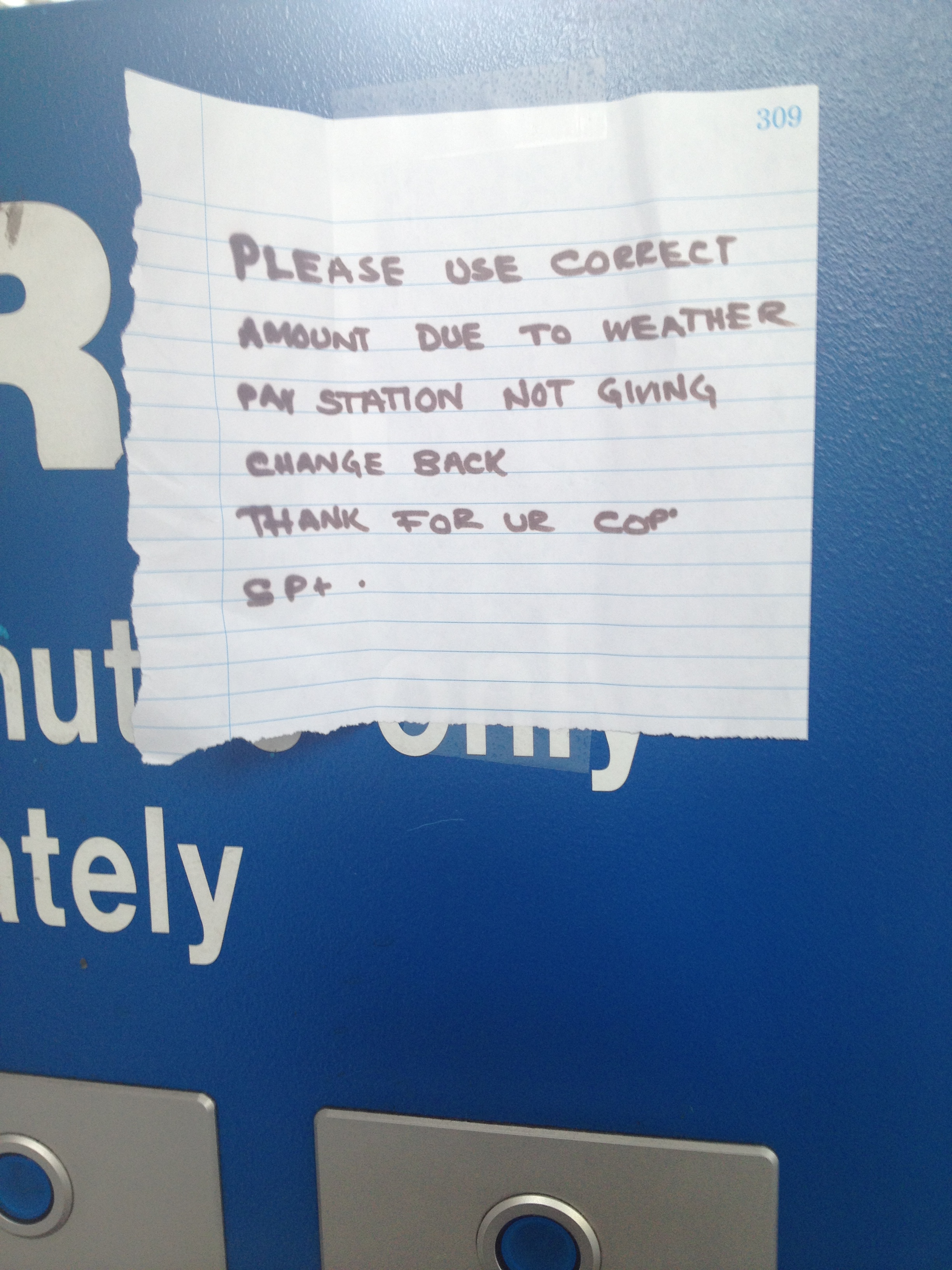Posts Tagged → economic
OK, call me a Whig
For those like me who are bothered by the simplistic, almost child-like identity politics of partisan political party identification, there is always the third way out: Independent.
True to its name, being an Independent means that one is much less driven by one-dimensional partisan interests, and much more broadly politically driven, by more philosophical interests.
Oh please, don’t kid yourself that the Democrats and the Republicans today represent philosophical strands of thought on government involvement in the lives of the citizenry. That is a joke.
Both main political parties, Ds and Rs, are each practically wholly-owned subsidiaries of their respective special interest groups. Because I believe in economic freedom, among other things, I am more drawn to the Rs than the Ds, who have now pretty much openly embraced socialism.
Socialism is the opposite of economic freedom, and socialism requires tremendous inroads into personal freedom to achieve its artificial “income equality” outcome. The Ds have completely thrown in with the communists, the socialists, the chaotic ANTIFA, and the 1%-ers like George Soros who fund all the anarchic, violent, anti-America street melees. If you like your doctor, you will not be able to keep your doctor, as the previous ANTIFA president demonstrated, despite his lies to the contrary. There is nothing here with this group or amalgamation of groups for the average American family trying to get by comfortably and live a simple, happy life.
However, there are plenty of Rs who are D-lite. Call them RINOs, GOPe, whatever, they are part of an established, elite political class who have elevated themselves above the broad interests of the citizen taxpayer. Their interests are narrowly economic and even more narrowly financial. Big corporations, the Koch Brothers, US senator Mitch McConnell’s big and financially rewarding ties to the Chinese government, the various guises of the Chamber of Commerce, etc.; all seeking to funnel as much financial gain into as few big pockets as possible. At the cost of Americans’ freedom now and future liberty.
Like the Ds, this GOPe group also tries to manipulate national policy for personal gain, with open borders and no checks on the el-cheapo labor force that comes with a huge cultural and school tax price tag. Obviously the GOPe has little in common with the interest of The People, either, though more economic freedom can be found here than with the Ds. Nevertheless, the GOPe RINOs are not really committed to defending citizen freedom and liberty.
Thus the demand for the Independent identity. The problem with the Independent Party is that it is frozen out of many states, where there is a bi-partisan death grip on electoral process. If there is one thing both Ds and Rs can agree on, it is that they and they two alone must control, if only occasionally share, political power and outcomes for everyone else.
This is why there is so much collusion and bi-partisan deal making in places like Pennsylvania, where our closed Primary artificially limits voter choice. Being an Independent in most places, like Pennsylvania, means one cannot really vote in a meaningful way in the primary election, arguably when votes matter most.
If the Republican Party of the 1860s was the vehicle for the great Abolitionist movement, much of that great spirit is now gone. Obviously. Oh yes, we have the congressional Freedom Caucus, a refreshing group of patriots and individualists. But they are largely outnumbered by the corporatists within their own party.
And never mind that the Ds demand their minorities aka modern-day slaves remain and vote on the Democrat Plantation, just like they did in the old days. And that everyone else fall in line with their autocratic control schemes. Or else.
I do not identify as a Democrat and probably never will again (to do so would be like gleefully standing by the road screaming “Heil Hitler” in 1930s Germany as the latest Democrat Socialist Messiah drove by), so trying to figure them out is a waste of time.
So, I am now reaching and looking farther back in time for a political identity, back to more philosophical times, to when big ideas had relevance to everyday lives. And in that past I find the old British Whig Party actually captures my current philosophical views.
The Whigs of the 1700s-1800s believed in spreading political power and decision-making to the citizenry as broadly as possible.
The Whigs believed in Abolitionism, the movement to abolish slavery. Plenty of economic and financial gain at stake there, so it was a truly principled stand in the meanest sense.
The Whigs believed in a parliamentary monarchy, which was radical at the time. Though the Magna Carta had been written and signed by the British king so many centuries before, its notions of freedom, representative government, and due process for the average citizen only took a few centuries to refine and percolate up and out to the point where the monarch’s absolute grip on power was actually, truly challenged by erstwhile representatives of The People.
That slow progress also involved a couple civil wars that were spiced nicely with religious feuding. Lots of heads rolling in the streets, families burning at the stake…what the Chinese call “exciting times.”
So given they had witnessed the great evil and cruelty carried out in the name of official religious control and power, the Whigs were naturally against the establishment of all religious tests for citizens, and against an official, established state religion. On this score they eventually lost, as Anglicanism is now the official state religion of Britain.
Similarly, Scotland has the Church of Scotland as its official place of worship. Not that either of these churches are very Christian nor pro-Western today. The Whigs correctly viewed official religions as being against the interests of the People, and nowhere is that more evident than in the Church of England’s official anti-West, anti-freedom do-gooder political meddling.
In short, Britain’s Whigs were non-conformists who believed in a third way: diffuse political power, as opposed to centralized power. They promoted economic freedom and individual liberty for all, including for the lowest slave.
British history and people may appear rather blase and boring to today’s casual reader, but rest assured it was nothing of the sort. An overabundance of violent civil wars resulted in the seemingly placid society one enjoyably visits today.
As a result, the Whig party was transcendent for almost two centuries. With its enlightened philosophical views came maximum freedom and opportunity for the greatest number of Britons, ever. Many Whig views found their way into the American Constitution.
Given the anti-citizen Uni-Party political establishment here in America, the weakness of the Independent Party, and my own Constitutionalist views, I am mighty tempted to join the 1700s Whigs. At least they stand for something real and valuable.
And what does it say that in 2018 we must now reach back to the early 1700s Britain to reconnect with our greatest individual rights and needs in 21-st century America?
Aggressive timber management necessary in the Northeast
When I tell some people how aggressively we try to manage standing timber (forests), they often recoil. It sounds so destructive, so environmentally wrong.
It is not environmentally damaging, but I will be the first to admit that the weeks and months after a logging operation often look like hell on the landscape: Tops everywhere, exposed dirt, skid trails, a tangled mess where an open woods had stood for the past sixty to eighty years just weeks before. No question, it is not the serene scene we all enjoyed beforehand.
This “clearcutting” gets a bad name from poor forestry practices out West and because of urban and suburban lawn aesthetics being misapplied to dynamic natural forests.
However, if we do not aggressively manage the forest, and the tree canopy above it, then we end up with tree species like black birch and red maple as the dominant trees in what should be, what otherwise would be a diverse and food-producing environment. Non-native and fire-sensitive species like ailanthus are quickly becoming a problem, as well.
When natural forest fires swept through our northeastern forests up until 100 years ago, these fire-sensitive species (black birch, red maple) were killed off, and nut trees like oaks, hickories, and chestnuts thrived. Animals like bears, deer, turkey, Allegheny woodrats, and every other critter under the sun survived on those nut crops every fall.
Without natural fire, which is obviously potentially destructive and scary, we must either set small prescribed fires, or aggressively remove the overhead tree canopy to get sufficient sunlight onto the forest floor to pop, open, and regenerate the next generation of native trees. Deer enjoy browsing young tree sprouts, so those tasty oaks, hickories, etc that lack sufficient sunlight to grow quickly usually become stunted shrubs, at best, due to constant deer nibbling. Sunlight is the key here.
And there is no way to get enough sunlight onto the forest floor and its natural seed bed without opening up the tree canopy above it. And that requires aggressive tree removal.
Northeastern forests typically have deep enough soils, sufficient rainfall, and gentle enough slopes to handle aggressive timber management. Where my disbelieving eyes have seen aggressive management go awry is out west, in the steep Rockies, where 1980s “regeneration cuts” on ancient forests had produced zero trees 25 years later. In fact, deep ravines had resulted from the flash-flooding that region is known for, and soil was being eroded into pristine waterways. So, aggressive timber management is not appropriate for all regions, all topography, or all soils.
But here in the northeast, we go out of our way to leave a huge mess behind after we log. Why? Because how things appear on their surface has nothing to do with how they perform natural functions. Those tangled tree tops provide cover for the next generation of trees and wildflowers, turtles and snakes, and help prevent soil erosion by blocking water and making it move slowly across the landscape.
Indeed, a correctly managed northeastern forest is no place for urban or suburban landscape aesthetics, which often dictate bad “select cut” methods that work against the long term health and diversity of the forest, as well as against the tax-paying landowner.
So the next time you see a forest coming down, cheer on the landowner, because they are receiving needed money to pay for the land. Cheer on the loggers and the timber buyers, the mills and manufacturing plants, and the retailers of furniture, flooring, and kitchen cabinets, because they all are part of a great chain of necessary economic activity that at its core is sustainable, renewable, natural, and quintessentially good.
Hunting season preparations – Xmas in July
Though hunting seasons may be many months away, the truth is that hundreds of thousands of Pennsylvania hunters are quietly sorting out their plans far ahead of time. Doe tags, DMAP tags, licenses and berths in a Quebec hunting camp for black bear and caribou, a camping permit for an ADK wilderness…it is all lining up now across the state.
Summertime preparations for Fall and wintertime hunting activities are a sign that yet another round of sustainable, renewable economic development is upon us here. After all, hunting is a $2.8 billion industry (or business sector, or economic sector) in Pennsylvania. Hunters are a renewable, and sustainable source of income and economic activity, so long as they have places to hunt.
Longingly fondling old, trusted firearms and bows, sighting them in on the sitting room wall or at the range, hunters can already smell that clean air, feel that cool breeze upon the cheek, and hear dead leaves rustle under foot, if they but close their eyes and imagine it.
It is Christmas in July now, as hunters across the Commonwealth gear up, trim up, and make sure everything is in order for that best time of the year: Hunting season.
Harrisburg’s new parking scam
Today I parked in a Harrisburg municipal garage. Got my ticket when I entered, and tried to pay when I returned four hours later.
Several poorly written, hand-written notes on lined paper were taped to the payment kiosk. These notes said that the kiosk was now taking only exact payment, that no refunds were being given, that inserting your credit card to pay could result in the permanent loss of your card, and that receipts slips were not printing.
In other words, you might mistakenly over-pay, because few people carry exact cash for anything, the machine would not give you a receipt for proof that you had overpaid, and you’d get no change back. What happens if you are in a rush to exit the garage and get on your way to your next destination? You might just leave a few extra bucks behind to save the time…no doubt that’s part of the purpose.
And we are not talking about nickels and dimes, but dollars only. It cost sixteen bucks to park in the garage for the four hours I was up at the Capitol. That is four dollars an hour, or four quarters for fifteen minutes of parking time (as opposed to one quarter for ten or fifteen minutes like it was until last year). It is a huge amount of money for parking.
And on top of the rip-off parking price, you get zero service, theft of your change due back, and no receipt to prove you did indeed pay.
Harrisburg has some serious challenges, and this parking scam is going to make recovery worse. One of the ways the city is supposed to re-coup its bad debt on the incinerator is lease out the parking garages. Well, here ya go; here is the natural result of that leasing arrangement: All rip-off, no service, outrageous prices, no due process. Really hope the “geniuses” who thought this up are held accountable for this failure.
Wait a minute! The guys who ripped us all off with the incinerator debt never got held accountable, and now we have a whole new set of rip-off guys milking us in new ways. I guess it just doesn’t end, until every taxpayer will have moved from the city and abandoned the place to the crows and the weasels.






